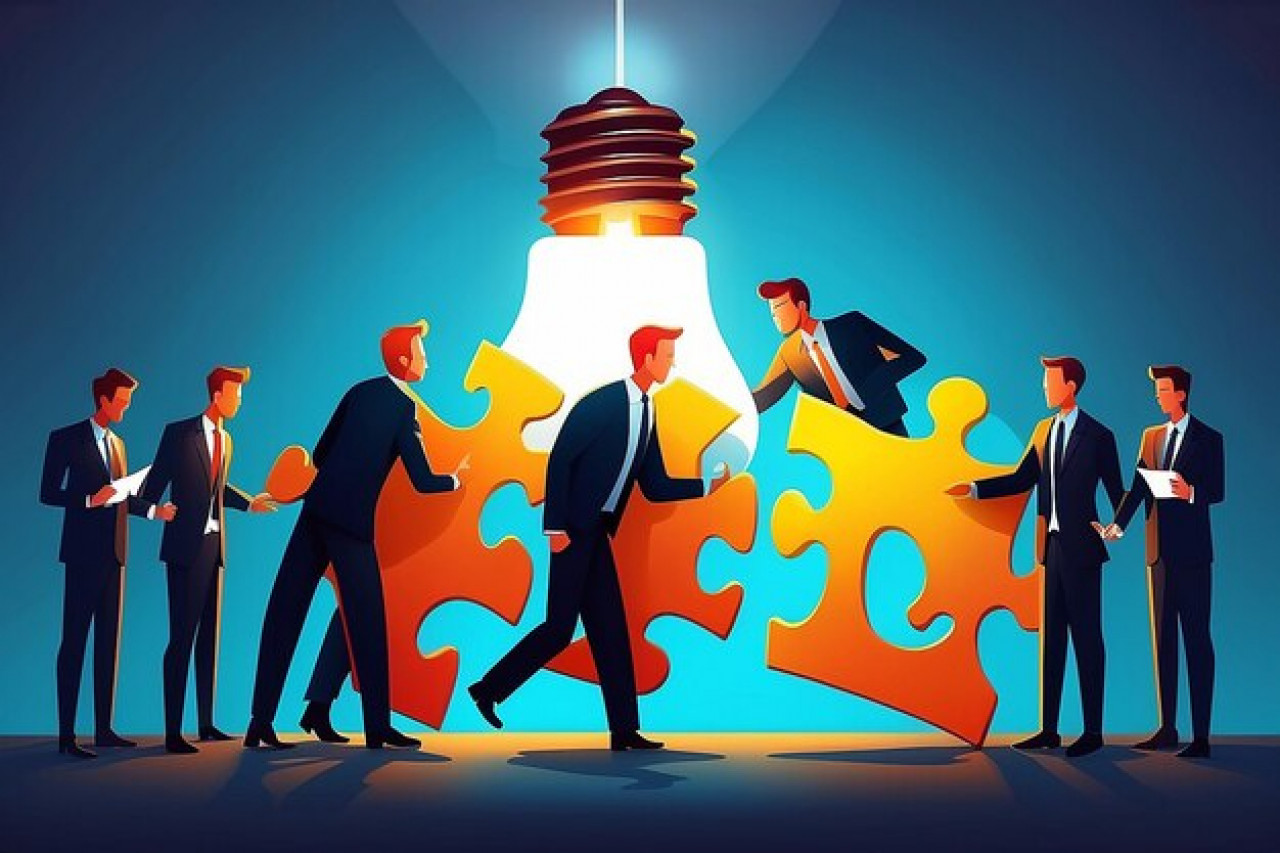Growing up, I used to believe that sleep was something flexible — an adjustable luxury rather than a biological necessity. I remember one teacher in school, Mr. Paraj, who proudly claimed he needed only four hours of sleep a night. He insisted anyone could train themselves to get by with less. His bloodshot eyes and chain-smoking habit, however, told a different story.
For years, I came across quotes reinforcing that mindset — one in particular stuck with me: “You’ll have plenty of time to sleep when you’re dead.” But now, I see how misguided that notion is. In truth, lack of sleep can bring death closer — increasing the risk of stroke, heart attack, diabetes, and even cancer.
Today, science has caught up with what our bodies have been trying to tell us. Numerous books now explore the vital importance of sleep. One that profoundly changed my perspective was Why We Sleep by Matthew Walker, a neuroscientist and sleep expert who has worked with athletes and sports clubs. His insights helped me see sleep not as an optional part of life, but as the foundation of peak performance.
The Science of Sleep
Sleep isn’t just downtime. It’s when your body heals, your brain consolidates memories, and your emotions reset. Most people need 7 to 9 hours of quality sleep every night. Deep sleep, particularly the two hours from midnight to 2:00 AM, plays a critical role in physical and mental restoration.
Yet, not everyone operates on the same clock. Some people are natural night owls — most creative and productive in the late hours. I’ve met many such individuals, and they shine despite not being morning people. Even Lionel Richie, the legendary singer, is known for his late-night creativity. This diversity in sleep patterns should be respected, especially in work environments.
You Can’t “Catch Up” on Sleep
Many still believe that lost sleep can be recovered on weekends. Unfortunately, that’s a myth. Sleep doesn’t work like a bank account. Chronic sleep deprivation accumulates a "sleep debt" that your body and brain can’t just repay over two days. What’s worse, prolonged sleep loss can be fatal — which is why world records no longer include attempts at staying awake the longest.
In elite sports, sleep is now taken as seriously as training and nutrition. Football clubs in the English Premier League, for instance, invest millions into sleep monitoring for their players. Coaches track athletes’ rest and employ sleep experts to ensure players are physically and mentally ready for top performance. If sleep is essential for athletes at that level, it’s equally important for us — whether we’re tackling a busy day at work, looking after our families, or pursuing personal goals.
Creating the Right Sleep Environment
Good sleep doesn’t just happen; it needs preparation.
Here are a few practical tips that have worked for me:
- Invest in a good mattress and pillow. Your bed should support your body without causing pain.
- Control the temperature. A room between 22°C to 25°C is ideal — not too hot, not too cold.Keep your bedroom minimal and restful. Avoid clutter, remove the TV, and make it a quiet space, like a hotel room designed for rest.
- Take a warm shower before bed. It helps relax your body and improves sleep onset.
- Avoid screens and caffeine in the evening. Finish dinner at least two hours before bed, and say no to coffee after noon. Some of my friends insist coffee doesn’t affect their sleep, but I disagree. You may fall asleep, but the quality of your rest may still be poor.
- Plan your sleep. If you want to wake up at 4:30 AM for Fajr prayer, aim to be in bed by 9:00 PM. That way, you can enter deep sleep well before midnight.
- Most importantly, don’t take your phone or tablet to bed. Leave them across the room if you need them as an alarm. If you struggle with sleep despite following good habits, you may need to check if there’s an underlying deficiency or seek professional help.
Sleep is Your Superpower
We may not be professional athletes, but each of us is striving to perform at our best — at work, at home, or in our passions. For that, we need the mental clarity, emotional balance, and physical energy that only sleep can provide.
So let’s treat sleep not as a weakness or waste of time, but as a vital pillar of well-being. To wake up strong, we need to sleep well.



